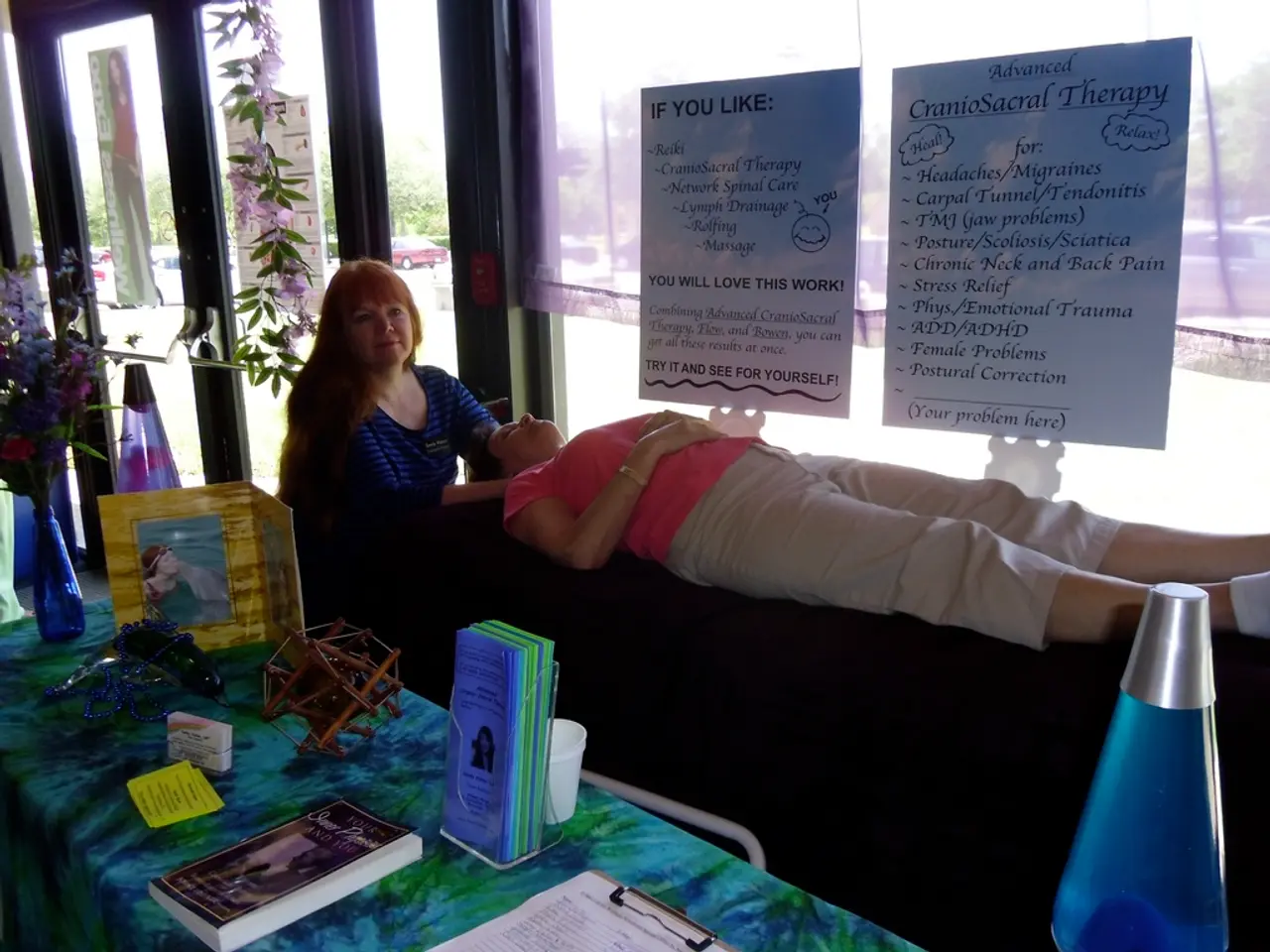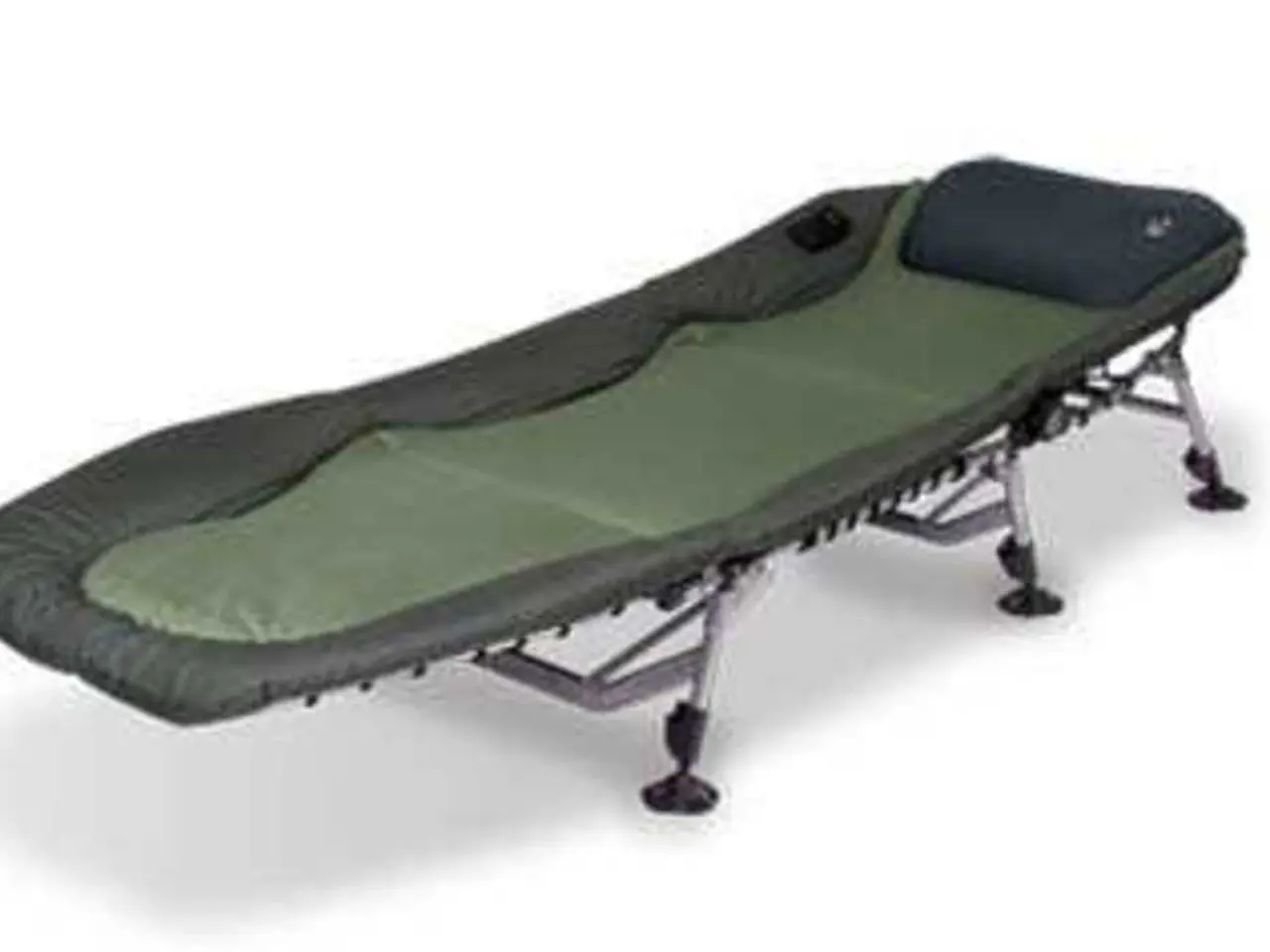The question at hand delves into thetopic of whether applying ice to pimples offers anybenefits.
Ice, a common household item, has been a popular remedy for reducing the symptoms of acne for many years. However, it is essential to understand that ice is not a cure for acne but rather a tool for managing its symptoms.
Applying ice or a cold compress can provide temporary relief by reducing inflammation, redness, and swelling around pimples. This is because ice acts as a vasoconstrictor, narrowing blood vessels and limiting inflammation and puffiness. The cooling effect can soothe active breakouts and potentially reduce excessive oil production, contributing to acne[2][3][4].
However, it is important to note that ice does not cure or remove acne. It offers short-term relief by calming the skin and reducing redness but does not eliminate the underlying causes of acne or prevent new pimples from forming[1][5]. For long-term acne management, more comprehensive skincare routines or medical treatments are necessary.
When applying ice to a pimple, it is crucial to wrap the ice cube in a clean cloth before placing it on the skin to avoid causing cold urticaria, a condition that causes welts, hives, and swelling after exposing the skin to cold air or water[6].
For the face, applying a wrapped ice cube to a single pimple at 1-minute intervals is recommended. For larger areas like the chest or back, a larger ice pack or cold compress may be more suitable due to accessibility[7].
While ice may help manage symptoms of inflammatory acne, people experiencing severe or persistent inflammatory acne may want to consider seeing a dermatologist for more potent treatment options, as ice alone cannot treat the underlying cause of acne[8]. Dermatologists can offer personalized treatment recommendations and prescribe topical or oral medications that help alleviate the root cause of acne, such as hormone imbalances, overactive sebum glands, and bacteria overgrowth[9].
In addition to ice, other skincare tools and treatments can be beneficial for acne management. For instance, heat works well on noninflamed, blind pimples, a type of closed comedo that develops in the deep layers of the skin. A warm compress or a steam facial can help treat these types of pimples[10]. Cold skincare tools, like cryorollers, may also help reduce depressed or rolling acne scars when used alongside medical or surgical treatments[11].
In summary, ice should be seen as a helpful symptom management tool rather than a standalone treatment for acne[1][2][5]. It can provide temporary relief from inflammation, redness, and swelling, but for long-term acne management, a comprehensive skincare routine or medical treatment is necessary.
References: [1] Mayo Clinic. (2021). Acne. Retrieved from https://www.mayoclinic.org/diseases-conditions/acne/symptoms-causes/syc-20368612 [2] American Academy of Dermatology. (2021). Ice for Acne. Retrieved from https://www.aad.org/public/diseases/acne-and-rosacea/treatment/home-remedies/ice [3] Healthline. (2021). Does Ice Help Acne? Retrieved from https://www.healthline.com/health/does-ice-help-acne [4] WebMD. (2021). Ice for Acne. Retrieved from https://www.webmd.com/skin-problems-and-treatments/acne/acne-treatments-ice [5] Cleveland Clinic. (2021). Ice for Acne: Myth or Fact? Retrieved from https://my.clevelandclinic.org/health/articles/14804-ice-for-acne-myth-or-fact [6] American Academy of Dermatology. (2021). Cold Urticaria. Retrieved from https://www.aad.org/public/diseases/contagious-skin-diseases/cold-urticaria [7] Healthline. (2021). How to Use Ice for Acne. Retrieved from https://www.healthline.com/health/how-to-use-ice-for-acne [8] American Academy of Dermatology. (2021). When to See a Dermatologist About Acne. Retrieved from https://www.aad.org/public/diseases/acne-and-rosacea/treatment/when-to-see-a-dermatologist [9] American Academy of Dermatology. (2021). Dermatologists Can Help You Treat Acne. Retrieved from https://www.aad.org/public/diseases/acne-and-rosacea/treatment/dermatologists-can-help-you-treat-acne [10] Healthline. (2021). How to Use Heat for Acne. Retrieved from https://www.healthline.com/health/how-to-use-heat-for-acne [11] American Academy of Dermatology. (2021). Cryotherapy. Retrieved from https://www.aad.org/public/diseases/acne-and-rosacea/treatment/cryotherapy
- Eczema, a skin condition characterized by itchy and inflamed patches, might be somewhat alleviated by the use of cold compresses, similar to the relief provided by ice for acne.
- In the field of predictive science, research could potentially explore the effectiveness of cold compresses in managing symptoms of eczema, much like studies on ice and acne.
- For individuals suffering from eczema, it's essential to note that cold compresses do not cure the underlying causes of the condition but can provide temporary relief from inflammation and itchiness.
- In the context of health-and-wellness and fitness-and-exercise routines, the use of cold compresses for eczema management could be integrated alongside skin-care practices for holistic well-being.




